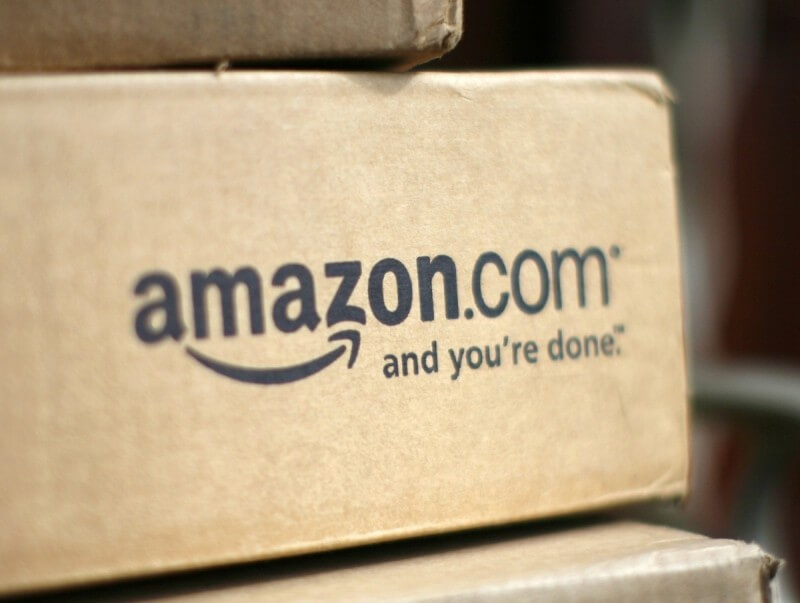Back in early October, it was reported that Amazon was banning incentivized reviews. It's been nearly two months since the company brought in the new rule, and in that time it has deleted hundreds of thousands of these often untrustworthy opinions.
Before Amazon introduced the ban, research carried out by ReviewMeta showed that incentivized reviews are extremely biased in favor of the products, and that many people post positive comments in the hope of receiving more free or discounted goods in the future.
ReviewMeta has been monitoring Amazon's progress, analyzing 65 million reviews across 32,060 products in all categories. It found that 71 percent of the 500,000+ reviews deleted by the retail giant were incentivized.
Not every incentivized review is being caught by Amazon; some still appear on the site. To get an idea of how many remain, ReviewMeta analyzed over 10 million reviews from across the past two weeks. It found that only 1.5 percent of these were incentivized.
It seems the claim that these reviews artificially inflate ratings is true. Before the ban, the average rating for all reviews across the entire site was 4.73 out of 5, by November 1 it had fallen to 4.65.
You can use ReviewMeta's tracking tool to see a report card for items sold on Amazon by simply copying and pasting its URL. This Coffee scrub, for example, has had 9010 reviews deleted.
Tommy Noonan, ReviewMeta's CTO, told me that Amazon has done a good job of tackling the problem of incentivized reviews but there are still other ways of skewing ratings. One example is allowing people to leave a review without purchasing the product, as was the case when trolls attacked Megyn Kelly's new book.
"It does seem that what Amazon has done is sufficient to address their problem of incentivized reviews. Not only have they essentially stopped the influx of incentivized reviews, but they seem to be deleting the majority of them. That said, I still believe Amazon's review platform is far from perfect, and there are plenty of other ways for sellers to acquire dishonest reviews even though incentivized reviews are out of the equation," he wrote in an emailed statement.
